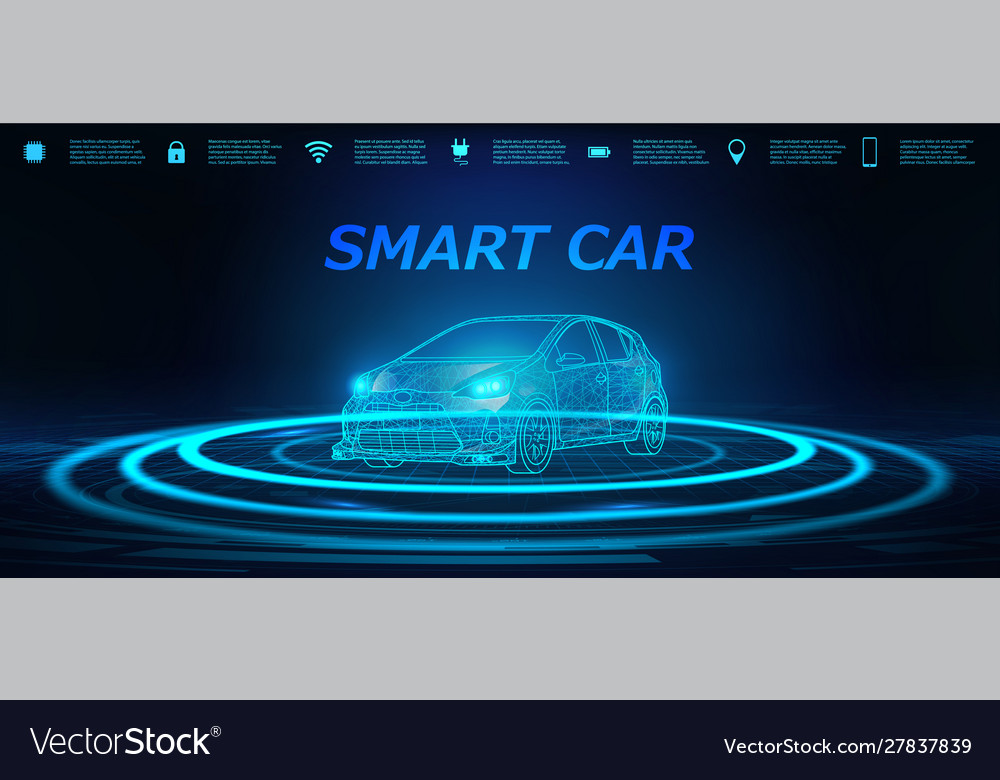In our increasingly connected world, where smart devices are becoming an integral part of our daily lives, concerns about cybersecurity have never been more pertinent. Recent findings by cybersecurity researchers have brought attention to potential security vulnerabilities in in-car entertainment systems and electric vehicle (EV) chargers. Here’s a closer look at the reported security flaws and the implications they have for vehicle owners and manufacturers:
1. In-Car Entertainment Systems:
- Modern vehicles are equipped with sophisticated in-car entertainment systems that offer a range of features, including navigation, infotainment, and connectivity to smartphones and the internet.
- Researchers have discovered security vulnerabilities in these systems, potentially allowing hackers to gain unauthorized access to a vehicle’s internal network and compromise its functionalities.
- The consequences of such security breaches can vary, from unauthorized access to personal data and vehicle control to privacy invasion and even physical safety risks.
2. Electric Vehicle (EV) Chargers:
- Electric vehicles are gaining popularity, and their charging infrastructure is a critical component of their ecosystem.
- Security researchers have identified vulnerabilities in EV charging stations that could be exploited by malicious actors to disrupt charging sessions, steal user data, or launch cyberattacks on the charging network.
- A compromised charging station could pose inconveniences for EV owners, affect the reliability of charging services, and potentially compromise the security and integrity of the electric grid.
3. The Importance of Cybersecurity in Vehicles:
- As vehicles become increasingly connected and reliant on software and digital systems, the importance of robust cybersecurity measures cannot be overstated.
- Cyberattacks on vehicles can have real-world consequences, including accidents, data breaches, and privacy violations.
- Manufacturers must prioritize cybersecurity in the design and development of automotive systems to protect the safety and security of vehicle owners.
4. Collaborative Efforts:
- Addressing these security concerns requires collaboration between automakers, technology providers, cybersecurity experts, and regulatory bodies.
- The automotive industry must adopt best practices for securing in-car systems, conduct regular security assessments, and provide timely updates and patches to address vulnerabilities.
- Governments and regulatory agencies can play a role in establishing cybersecurity standards and regulations to ensure the safety and privacy of consumers.
5. User Awareness:
- Vehicle owners can also contribute to their own security by staying informed about potential risks, keeping their vehicle’s software up to date, and following best practices for securing personal data and devices connected to the vehicle.
In summary, the recent discoveries of security flaws in in-car entertainment systems and EV chargers underscore the importance of cybersecurity in the automotive industry. As vehicles continue to evolve into complex, connected ecosystems, safeguarding against cyber threats becomes paramount. Collaborative efforts, robust security measures, and ongoing vigilance are essential to ensuring the safety, privacy, and reliability of vehicles in the digital age. Manufacturers, researchers, and users must work together to address these challenges and promote a secure and trustworthy automotive ecosystem.
